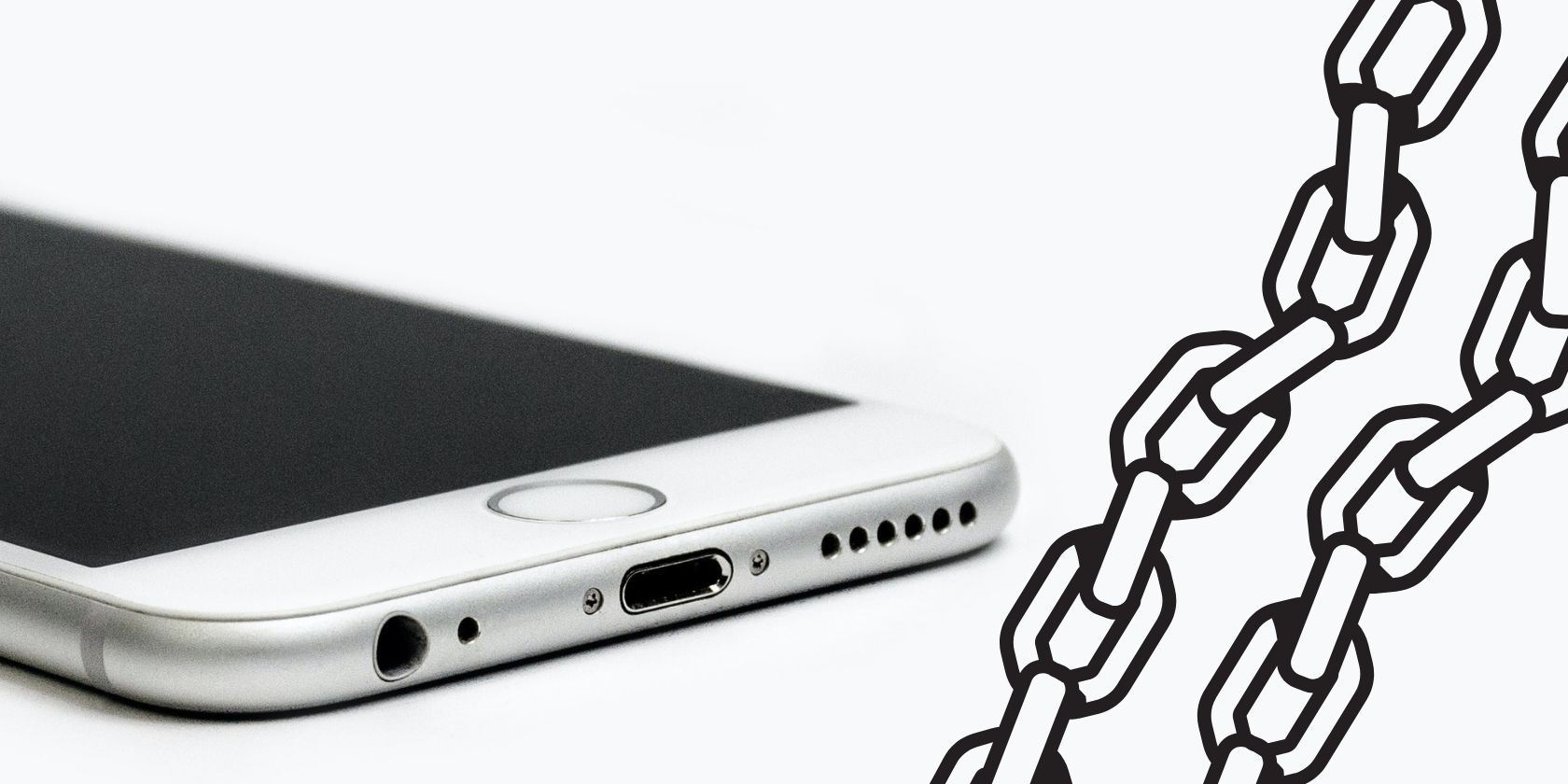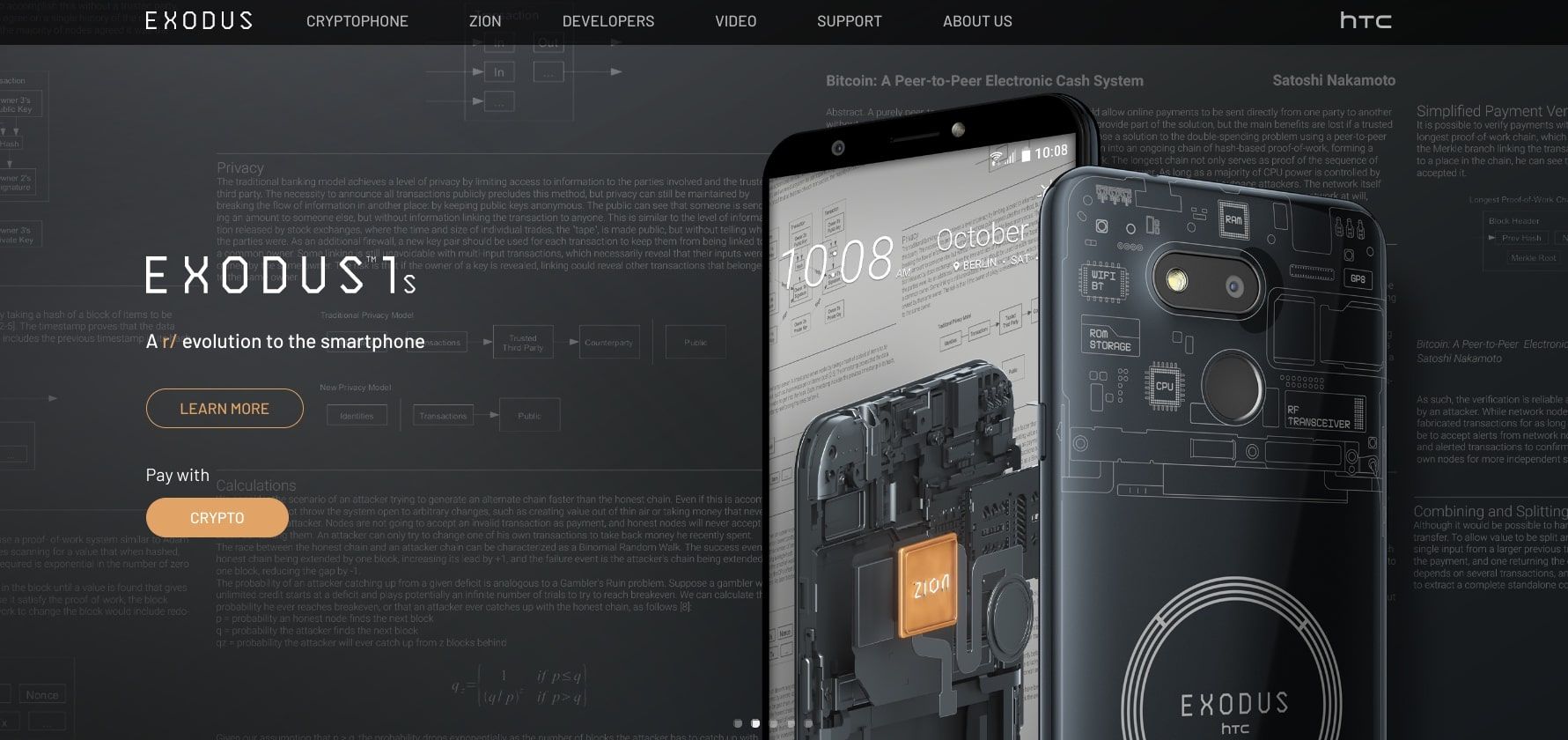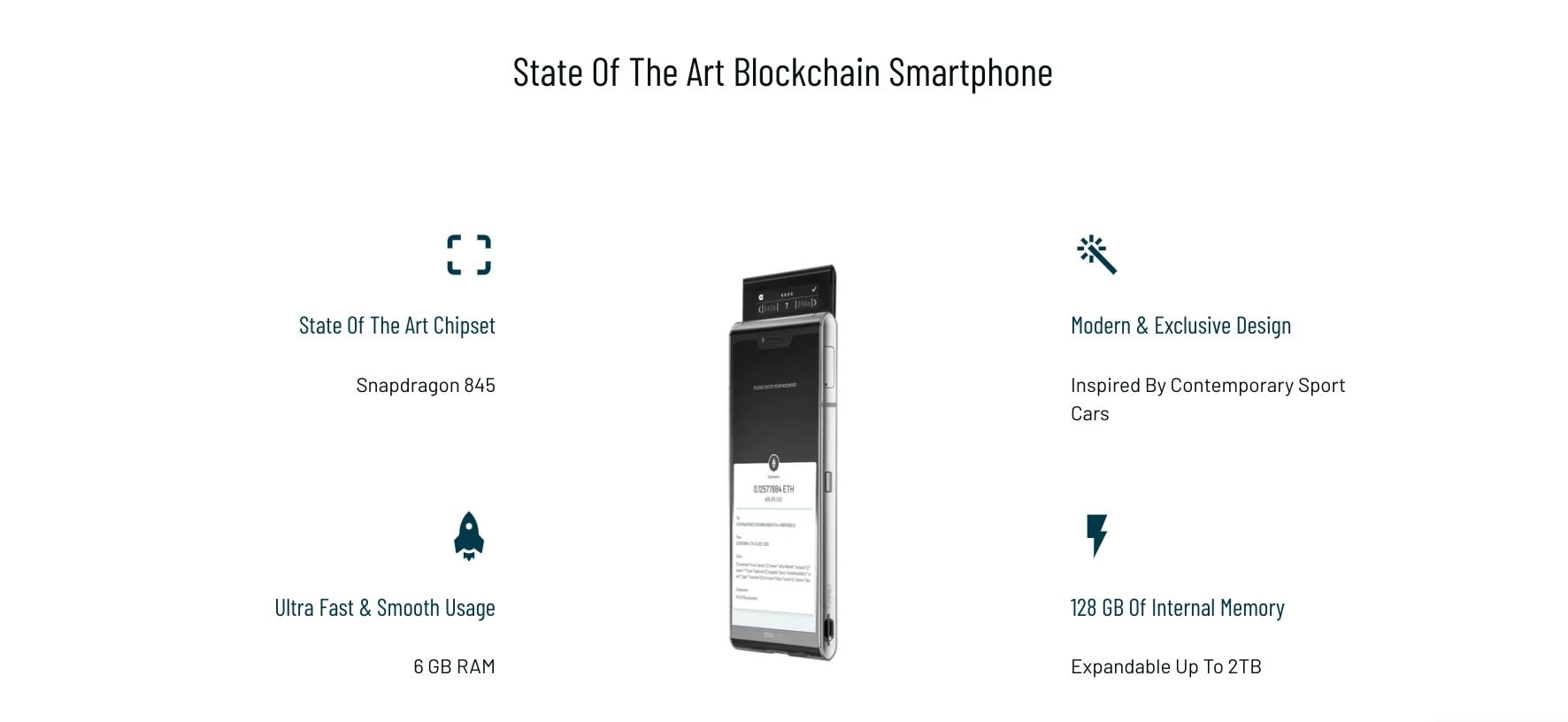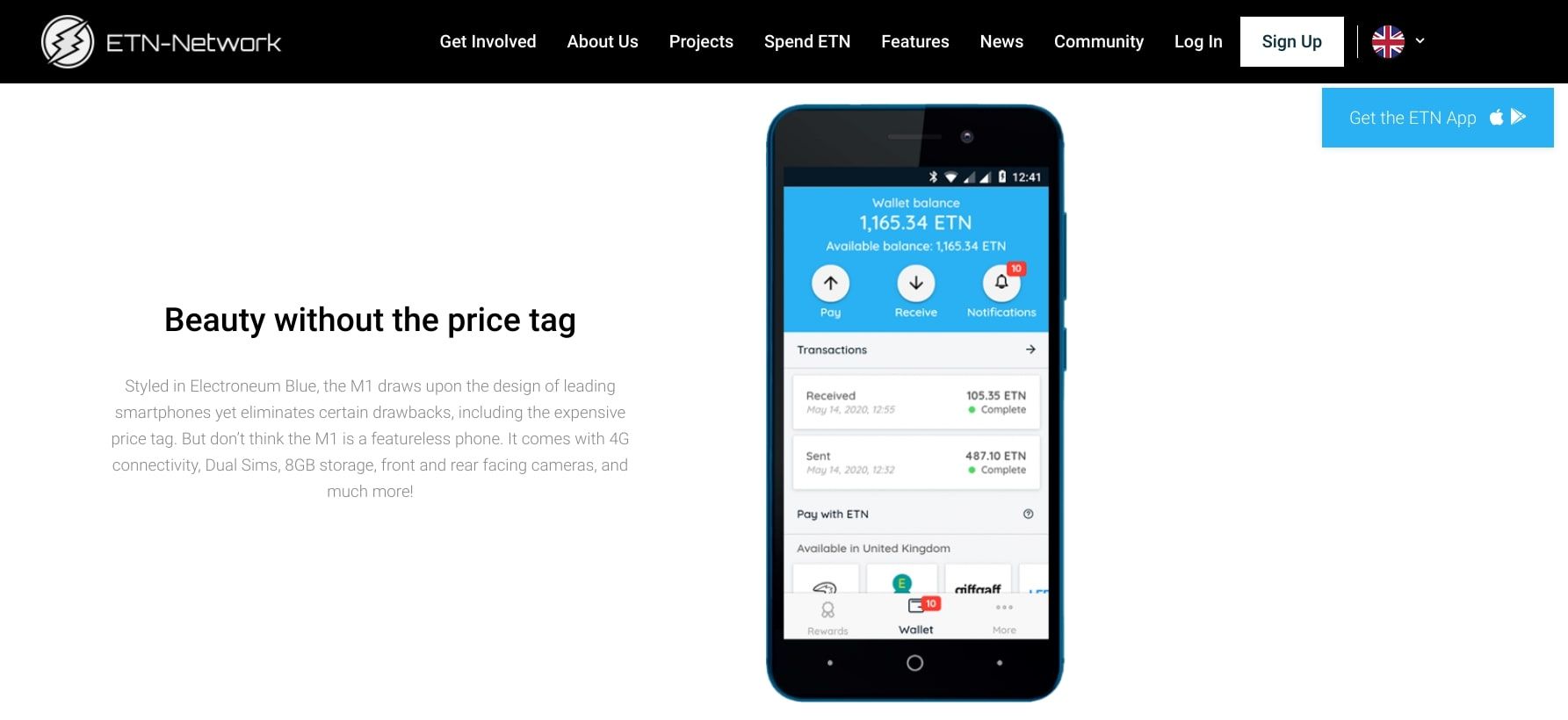Over the past few years, blockchain technology has become incredibly popular in several different industries. Blockchains have the ability to store data securely and transparently and have now even been introduced to the smartphone industry in the form of blockchain smartphones.
But what is a blockchain smartphone, should you buy one, and which are the best ones available today? Let’s find out below.
Blockchain technology explained
Before we get into the dynamics of blockchain smartphones, let’s go over a quick summary of what blockchains actually are.
Blockchains are often explained in a metaphorical sense. In reality, a blockchain is not an actual chain, as it is entirely virtual. But this technology works in a chain-like way, which is why it’s useful to think of blockchains as such. Blockchains can store information in a distributed ledger, which is a database shared between multiple entities. This is also known as a peer-to-peer network, where each connected device is referred to as a node.
The beauty of blockchain technology is that it takes data storage to the next level. A blockchain is incredibly difficult to hack or alter due to its mode of data distribution across multiple parties. Given that digital data breaches and theft are so common today, the increased levels of security offered by blockchains make them an applicable technology across a variety of industries, including the smartphone industry.
So let’s understand what a blockchain smartphone is and how it works.
What is a Blockchain Smartphone?
As the name suggests, a blockchain smartphone is a mobile device that uses blockchain technology to securely store sensitive crypto-related information, such as private keys.
As discussed above, blockchain technology allows distributed storage of information. Today, data security and privacy have become a priority for many, with malicious parties constantly developing new ways to get hold of your sensitive data.
Cybercriminals are now targeting not only computers, but also smartphones and printers. Crime in the cryptocurrency industry is also rampant in our modern times, with victims losing hundreds, thousands or even millions due to sophisticated fraud. Because of this ongoing threat, the need to protect one’s data is paramount.
This is where blockchain smartphones come into play. Using a blockchain to store certain data drastically reduces the chance of a breach. Blockchain smartphones do this by using a built-in cryptocurrency wallet. A hardware wallet is a physical device that can store one’s private keys offline, making it much more difficult for cybercriminals to steal your data.
Blockchain smartphones can also support decentralized applications or DApps. DApps have become widely popular in the crypto and DeFi industries, and unlike traditional applications, they are built on blockchains and are often open source. You may have heard of certain well-known DApps before, such as PancakeSwap and Axie Infinity.
Now we know what blockchain smartphones are and how they work. So, without further ado, let’s get into the best models you can buy today.
The Best Blockchain Smartphones You Can Buy
Blockchain smartphones are quite rare as they have not reached mainstream adoption yet. So this list is going to be pretty short. Anyway, here are the best blockchain smartphones you can buy right now.
1. HTC Exodus 1
The HTC Exodus 1 is one of the most famous blockchain smartphones on the market right now. Of course, HTC is already an established name in the smartphone industry, but this is not the only reason for the Exodus 1’s success since its launch in late 2019.
A key feature of Exodus 1 is its built-in hardware wallet and private vault, known as Zion. In short, Zion is a physical piece of hardware in the phone that can securely store the user’s private keys for their cryptocurrency holdings. Zion supports several well-known cryptos, such as Bitcoin and Ethereum, as well as ERC-20 and ERC-721 tokens (found on the Ethereum blockchain).
The Zion vault also executes and signs transactions using what is known as the Trusted Execution Environment, or TEE, an isolated element on the phone that can be kept separate from any malware infection.
HTC has also released two subsequent versions of the Exodus 1: Exodus 1s and Exodus 1 – Binance Edition. All these three smartphones are slightly different in features and price. For example, Exodus 1 – Binance Edition has built-in support for Binance decentralized exchange and Binance Chain.
While the Exodus 1s has a 13MP front and rear camera, the original and Binance Edition variants have a 12MP + 16MP rear camera and an 8MP front camera. The newer Exodus 1s model also uses the Snapdragon 435 chipset, while the other two have a much better Snapdragon 845.
You can check out all the key differences between these three models by visiting HTC’s cryptophone page.
2. The FINNEY telephone
Sirin Labs’ FINNEY phone has some undeniably useful features for crypto owners, starting with the built-in hardware wallet that can manage transactions and store the user’s private keys in an ultra-secure manner. The FINNEY phone also comes with a built-in token conversion tool, which one can use to exchange one type of crypto for another.
You can also use Sirin Labs’ “Learn and Earn” reward system via the FINNEY phone, where you can be rewarded for researching certain cryptocurrencies.
Like the HTC Exodus 1, the FINNEY phone also uses the Snapdragon 845 chip. It also has 6GB of RAM, 128GB of storage and a 12MP rear/8MP front camera. Currently, you can buy this product for $999 on Sirin Labs official website.
3. Electroneum M1
Electroneum is mainly known for its popular software cryptocurrency wallet, but the company has also delved into the smartphone realm with its blockchain smartphone. You can use Electroneum M1 for cloud mining, a remote crypto mining method.
Electroneum has marketed the M1 as the “affordable Android smartphone.” And given that you can buy this product for less than $100, that certainly seems to be the case. The M1 comes with 4G support, 8GB of storage and both front and rear cameras. You can also access and use your Electroneum wallet using M1.
But with such a low price tag, it’s not surprising that the M1 comes with its drawbacks – the screen and cameras are weak points. Because of this, the M1 may be more suitable as a secondary smartphone. But if you’re looking for a high-quality smartphone with built-in blockchain capabilities, be prepared to pay a higher price.
Blockchain smartphones could shape the future of crypto-security
While blockchain smartphones are still something of a niche product, the idea behind them is certainly promising. As we continue to merge different technologies for a more convenient lifestyle, the combination of private key storage and smartphone tools may become more common in the near future. As it stands, there’s still plenty of room for these phones to improve.







